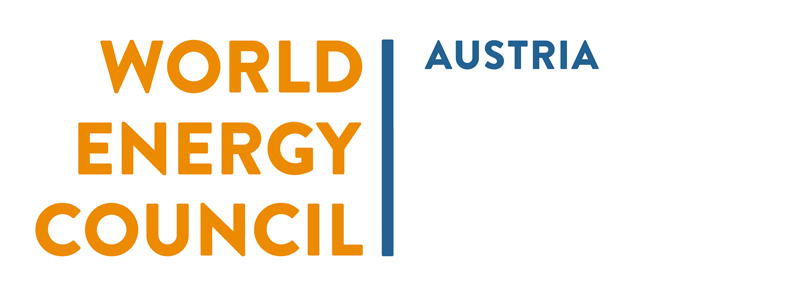CLIMATE CHANGE ADAPTATION IN THE ENERGY SECTOR

In addition to climate protection, climate change is increasingly creating a need for action to adapt to the consequences of climate change that are already unavoidable today and can be expected in the future. In this context, the energy sector is of particular importance. On the one hand, the energy infrastructure is a critical infrastructure, and on the other hand, the energy sector is undergoing a comprehensive transformation process as a result of the energy transition.
In addition, the increasing importance of renewable energies in the context of the energy transition is expected to change the climate change-related vulnerability of the energy supply accordingly. In this context, the strong weather dependency of renewable energies is particularly noteworthy.
In a virtual discussion forum held on May 19, 2021, WEC Austria has now investigated the impact of climate change on the energy sector in Austria.
The keynote and the panel were composed of:
- Univ.-Prof. Dr. Stefan Schleicher (Wegener Center for Climate and Global Change – University of Graz & WIFO)
- Dipl.-Ing. Theresia Vogel (Climate & Energy Fund)
- Dr. Erwin Mair (Ennskraftwerke AG)
- Dipl.-Ing. Dr. Michael Marketz (KNG-Kärnten Netz GmbH)
- Mag. Stefan Moidl (IG Windkraft)
- Dipl.-Ing. Arno Sam (Wien Energie GmbH)
- Moderation: Univ.-Prof. Dr. Günther Brauner
During the virtual meeting, the following questions were discussed:
- How will changing climate and weather conditions affect hydropower?
- What impact will increased storms have on the production of wind energy?
- Is grid infrastructure at risk from increased extreme weather events?
- How will shifting climate zones affect biomass?
- What measures can be taken to minimize weather risks?
Dr. Michael Strugl, President WEC Austria, emphasized in his welcoming speech that the question of how climate change will affect energy infrastructure is too rarely discussed and must be given more attention in the future. Univ.-Prof. Dr. Stefan Schleicher, Wegener Center for Climate Change and WIFO, addressed in his keynote how the climate crisis will manifest itself and how to make the energy system more resilient to the changes. Univ.-Prof. Dr. Stefan Schleicher emphasized that there will be a lot of changes in the understanding of energy system, which will have positive effects on climate change adaptation. Afterwards, Dipl.-Ing. Theresia Vogel, Managing Director Climate and Energy Fund, emphasized in her keynote that the costs of inaction are higher than the costs of transformation. Especially the changing weather conditions and extreme weather events will lead to higher costs in maintaining infrastructure. Energy systems need to be planned and thought of in a more resilient way. Finally, Dipl.-Ing. Theresia Vogel pointed out a new RTI approach from the Climate and Energy Fund, which is to start in June 2021.
Univ.-Prof. Dr. Günther Brauner led through the following discussion. Dr. Michael Marketz, Managing Director of Kärnten Netz GmbH, noted that while the overall number of grid disruptions is not increasing, the number of major grid failures is on the rise. Essential for resilience in the power grid are suitable technologies and trained personnel who can deal with the new hazard situation. Dr. Erwin Mair, CTO of Ennskraftwerke AG, discussed the changed runoff behavior. Currently, no increase or decrease in precipitation can be seen, but the precipitation behavior changes seasonally. Heavy rains or dry periods will become more frequent and will generally reduce future electricity generation by hydropower. This trend can be partially counteracted by flexibility measures. Mag. Stefan Moidl, Managing Director of IG Windkraft, pointed out that there are not yet sufficient studies on the future trend of wind behavior under changing climatic conditions. Currently, it can be observed that low and high pressure areas are moving apart and the jet stream is subsequently moving apart. This leads to a slower migration of weather patterns and it therefore takes longer for the weather to change, but studies on the situation are still lacking. DI Arno Sam, Head of Department Renewable Energy Generation Plants at Wien Energie GmbH, discussed the effects of changing climatic conditions and extreme weather events on the forest ecosystem. In addition to storms, snow breaks and droughts, pests such as the bark beetle are causing major problems in the forest and, more broadly, in the production of bioenergy.
Dr. Robert Kobau, Secretary General of WEC Austria, concluded by thanking the participants of the event and Ivo Wakounig, Secretary General Assistant, for the conception and organization of the event.
Below is the recording of the event:
